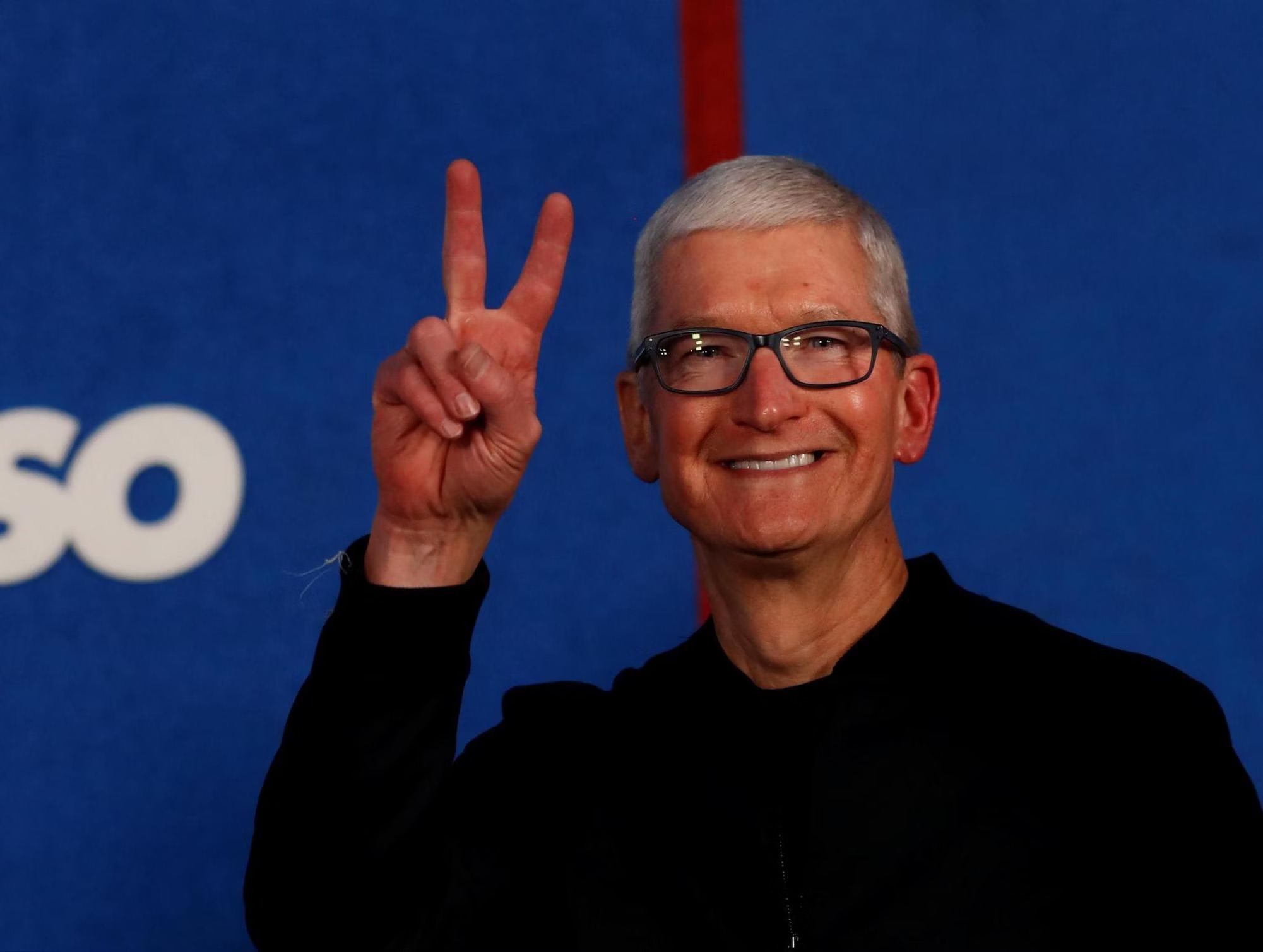
In a recent interview with CNBC’s Jim Cramer, Apple CEO Tim Cook detailed the company’s significant commitment to boosting domestic manufacturing. Cook stated that Apple is putting an “extraordinary commitment” of $600 billion to work over the next four years, which will benefit 79 factories across the U.S. Cook expressed his hope that this investment would create a “domino effect” that encourages other companies to build their own factories in these communities, bringing more business to the areas. He also teased that some communities might be in for “some surprises” when they learn Apple will be bringing business to their areas.
Key Investments and Partnerships
Cook highlighted Apple’s recent $2.5 billion investment to expand its partnership with Corning and its glass factory in Kentucky. This factory will provide glass for all iPhones and Apple Watches, an investment Cook called a “great start, and a very important one.” Apple also plans to work with several companies to grow domestic semiconductor production, including Taiwan Semiconductor, Texas Instruments, and Applied Materials.
To help with this manufacturing push, Apple is playing a role in training employees with its new “Manufacturing Academy” in Detroit. The company aims to help small to medium-sized businesses and share its curriculum with community colleges to further support the growth of a skilled workforce.
Shareholder Support
According to Cook, Apple’s shareholders are supportive of the company’s massive domestic manufacturing spend. He told Cramer that he believes most shareholders see Apple’s investment in America as a positive thing. “I think most of our shareholders believe that we’re in the best position to, to make these type of decisions,” Cook said. He added that he has not received a single complaint about the $600 billion commitment.
Author’s Opinion
Tim Cook’s emphasis on domestic manufacturing seems like more than a simple business decision—it’s a strategic move to align Apple’s corporate identity with national economic goals. By publicly touting a massive investment in American factories, Apple is positioning itself as a key partner in a broader political and economic narrative. This approach not only generates goodwill and potentially favorable policy but also serves as a form of “political insurance” against future trade disputes. It signals that Apple understands that in today’s environment, a company’s success is tied not just to its products, but also to its perceived contribution to the economic health and security of the nation.
Featured image credit: Heute
For more stories like it, click the +Follow button at the top of this page to follow us.
